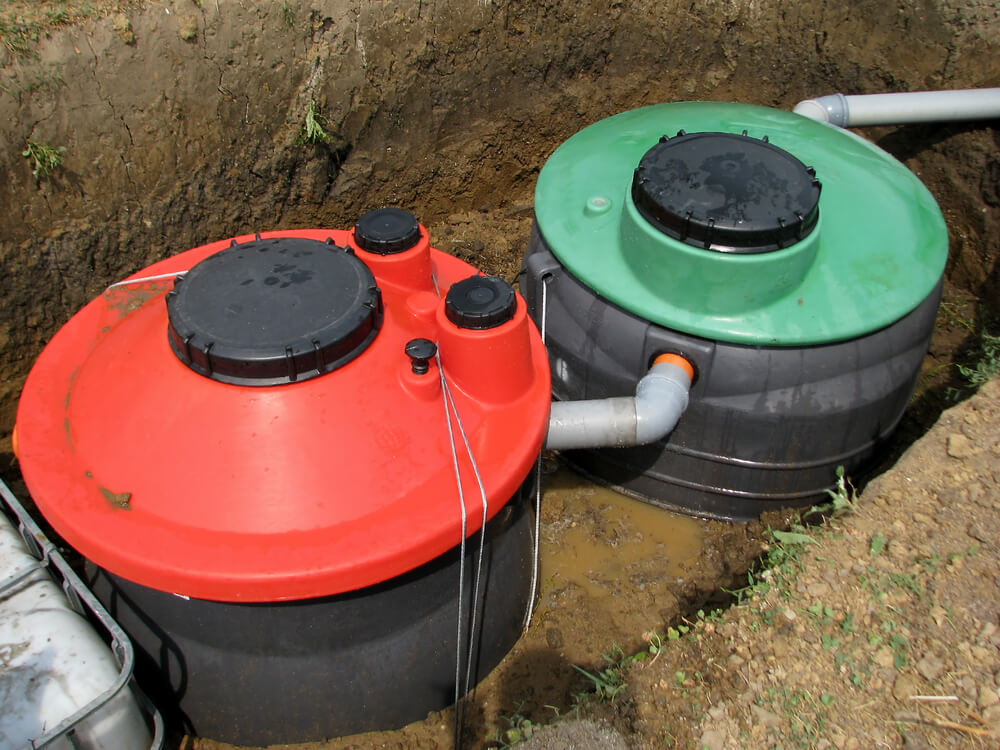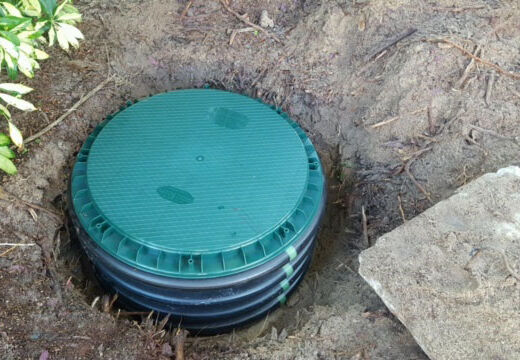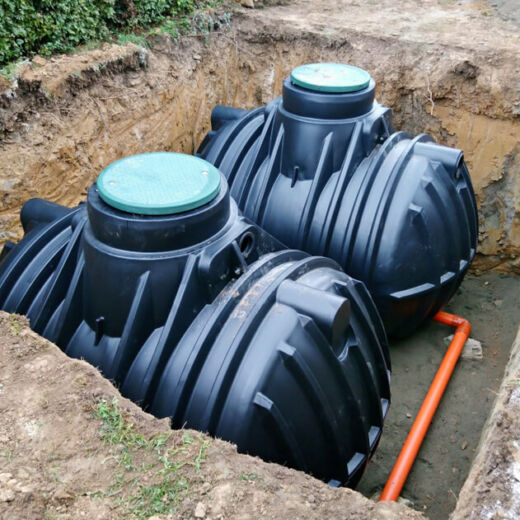When the nights get colder and winter makes its way to Alberta, rural residents with septic tanks risk it freezing. A frozen septic system can wreak havoc, and there are steps that you can take to prevent this from happening, but if it happens, it’s essential to understand the signs, risks and solutions.
Frozen Septic System Signs and Risks
A frozen septic system can lead to significant problems, including backups and potential damage to your system. Here are some common signs and risks associated with a frozen septic system:
Signs of a Frozen Septic System
- If your toilets, sinks, or showers are draining more slowly than usual, it could be a sign that your septic system is beginning to freeze.
- Unusual noises in your plumbing system, such as gurgling sounds, can indicate that the wastewater flow is restricted, possibly due to ice formation.
- One of the most apparent signs of a frozen septic system is sewage backing up into your home. A backup usually occurs when the pipes leading to or from your septic tank are blocked with ice.
- If you start to notice foul odours inside or outside your home, it could be due to a frozen septic system preventing waste from being correctly processed.
- If the ground above your septic system is unusually soggy or if you notice grass growing more rapidly in certain areas during cold weather, it could be a sign of a system malfunction, possibly due to freezing.
Risks Associated with a Frozen Septic System
- Ice can expand and cause cracks or fractures in your septic pipes and tank, leading to costly repairs.
- A frozen septic system can overflow, releasing untreated sewage, which poses a significant health risk and can contaminate the surrounding environment.
- Dealing with a frozen septic system can be inconvenient, disrupting everyday household routines. The cost of repairing damage caused by freezing can also be substantial.
- Backed-up sewage can pose serious health risks because it contains harmful bacteria and viruses.
- Repeated freezing and thawing can damage your septic system long-term, reducing its lifespan and efficiency.
Tips to Prevent Frozen Septic Systems
- Regular pumping and inspection of your septic system can help identify potential problems before they become serious.
- Proper insulation of the septic tank and pipes can help prevent freezing. Adding a layer of mulch over the tank, pipes and soil treatment system can create extra insulation.
- Reducing the amount of water flowing into the system during extremely cold weather can help prevent freezing. If you plan to be away during a cold week or two, arrange to have someone like a friend, family member or neighbour come over to run the water in your home or pump your tank before leaving.
- Avoid compacting snow over the septic system area, as compacted snow has a less insulating effect than loose snow.
- Use a septic alarm to help detect something wrong with your tank.
Dealing With a Frozen Septic System
If your system does freeze, call a professional as soon as you realize it’s frozen. Do not use antifreeze, chemicals, salt or other additives to try and clear it. Do not use fire on the ground above the tank. Do not excessively run water to try and thaw the pipes. Do not lay mulch after the system has already frozen.
How the SepTech Team Can Help
When a septic system emergency happens, the SepTech team can help. Serving northern Alberta’s rural counties, our experienced technicians can help when you think you may be dealing with a frozen system. We’re available 24/7 for emergencies.




